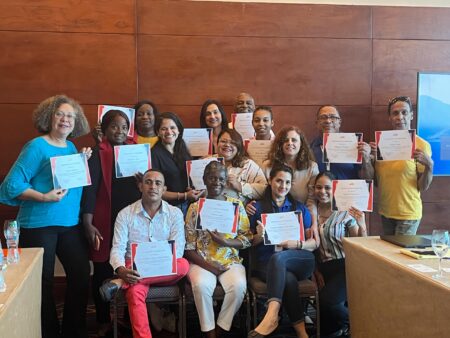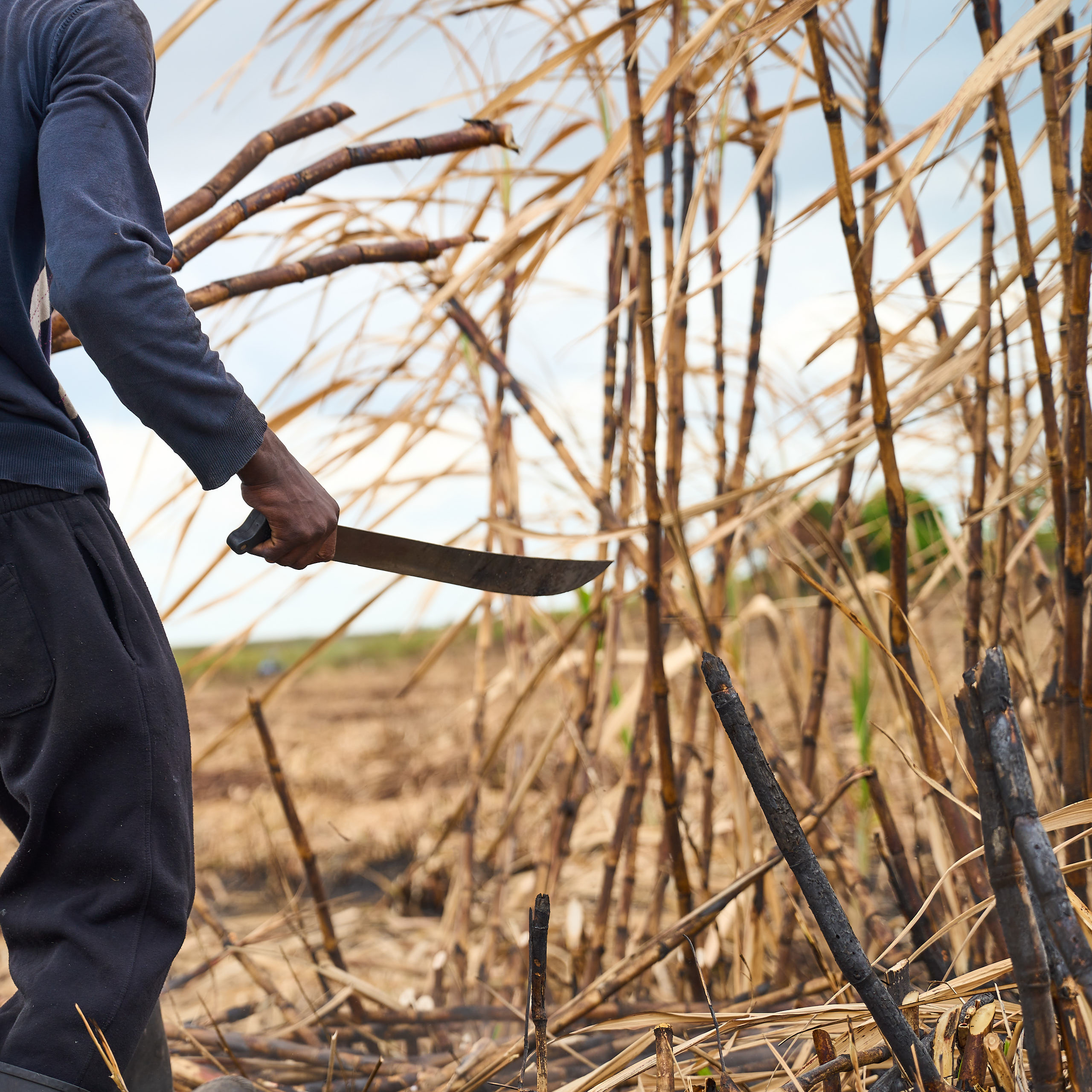The Fight Against Human Trafficking and the Pursuit of Justice in the Dominican Republic.
In the lush landscapes of the Dominican Republic (DR), a country celebrated for its beautiful beaches and vibrant culture, lies an insidious issue that casts a dark shadow: human trafficking. This epidemic manifests itself in various forms, from domestic servitude and forced begging to forced labor in the production of sugar, rice, and coffee, and even the construction and tourism sectors.
A Nationwide Challenge
The DR is not merely a bystander in the world of human trafficking; it acts as a source, destination, and transit country for this alarming crime. The 2022 Trafficking in Persons Report of the U.S. State Department acknowledges that the Dominican government does not yet meet the minimum standards to eliminate trafficking. However, the country has been taking significant strides to fight this issue. These measures encompass convicting more traffickers, opening trafficking-specific shelters, improving victim care, and more.
The government has identified 65 victims of trafficking, with a significant number being minors. Sexual trafficking and forced labor seem to have targeted the youth in particular, showing the desperate need for effective legislation.
Legislation and Government Efforts
The Dominican Republic, mindful of the gravity of the issue, has enacted Law 137-03 on Smuggling of Migrants and Trafficking in Persons. Modifications to the legislation are underway, spearheaded by the Ministry of Foreign Affairs. The collective aim is clear: to combat trafficking in persons and smuggling of migrants.
The government has shown commitment by not only identifying victims but also assisting foreign governments in trafficking cases. The particular attention given to Venezuelan migrants vulnerable to trafficking is a noteworthy step in the right direction.
Civil Society’s Stand
The fight against trafficking is not limited to government institutions. Many organizations are actively participating in workshops to better understand the dynamics of modern slavery and be part of the civil society coalition against human trafficking.
These workshops act as a platform for various organizations to unite their efforts. They express the need to understand trafficking, identify strategies to work with the government, and strengthen the coalition to work together on an advocacy plan.
Some participants share their motivation:
“To acquire new knowledge, to apply good practices.”
“Strengthen ties with the state to bring change.”
“Build an advocacy strategy, obtain more tools to be able to apply best practices in the case of human trafficking issues.”
Training and Building Advocacy
The recent workshop hosted by Free the Slaves and designed with the goal of addressing modern slavery was a crucial step. It sought to introduce the participants to key concepts like trafficking in persons, forced labor, child labor, and also to teach them about public policies and advocacy.
Participants of the workshop were appreciative of the inclusive and interactive nature, with one attendee noting that,
“The workshop kept us engaged, and the facilitator understood well the different subjects.”

Role of Free the Slaves (FTS)
FTS has been instrumental in forming a coalition under the leadership of International Justice Mission (IJM), and later, Heartland Alliance International. The workshop aimed to fortify this coalition by introducing new organizations to strengthen advocacy capacities.
The work has been part of an advocacy process for the reform of the law on human trafficking that FTS has been leading since 2019. They are hopeful for greater visibility of the crime and a robust focus on prevention.
Looking Ahead
As we look forward to 2023 and beyond, the key outcomes hoped for from these efforts include a joint action plan for 2023-2024. FTS is assisting in the design of this plan and a corresponding monitoring and evaluation scheme.
The human trafficking situation in the Dominican Republic may appear grim, but the tireless work of government bodies, civil society organizations, and international alliances signal a beacon of hope. The nation is awakening to the horrors of human trafficking, and through united efforts, it is laying the groundwork for a future free from the shackles of modern slavery.

